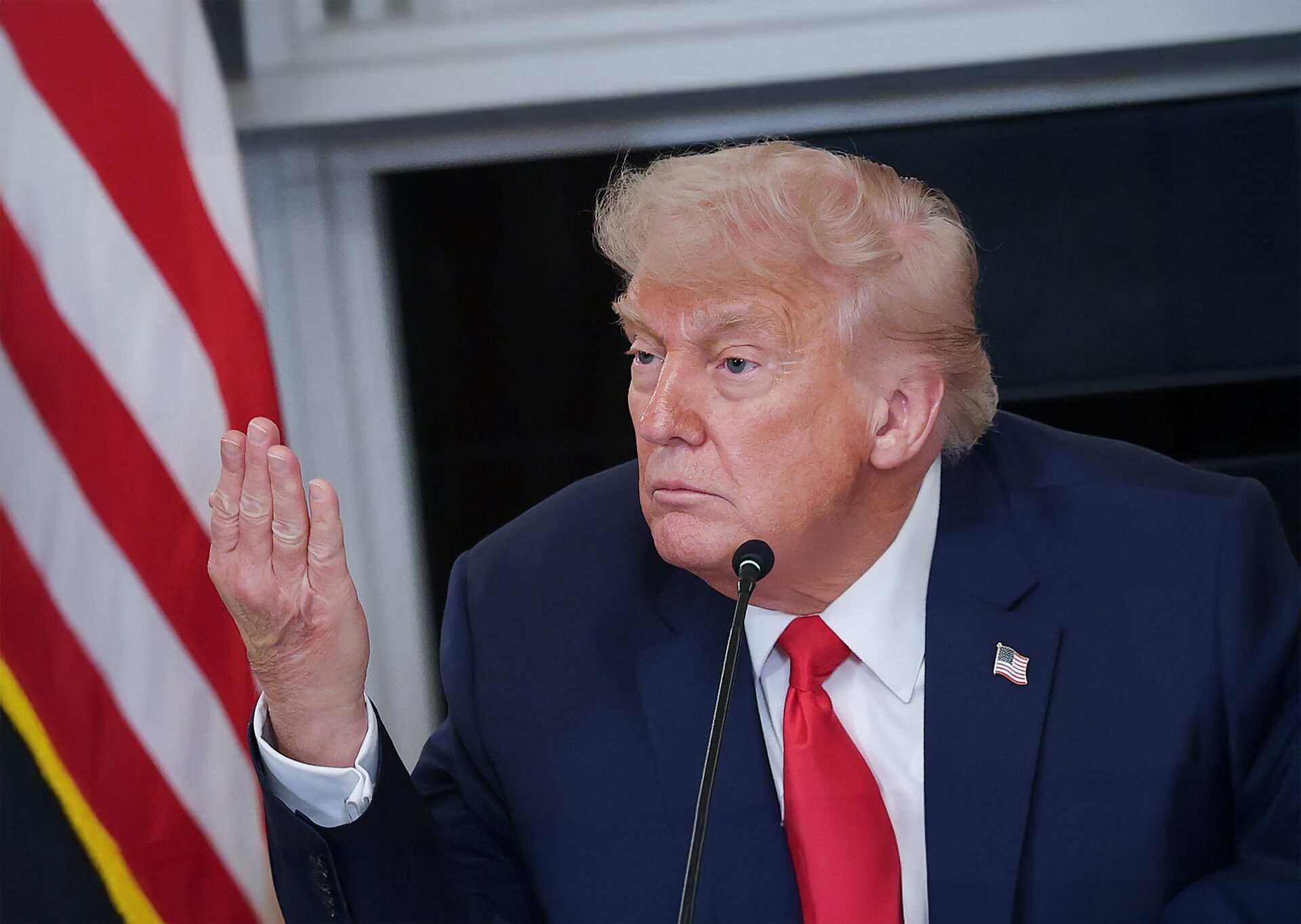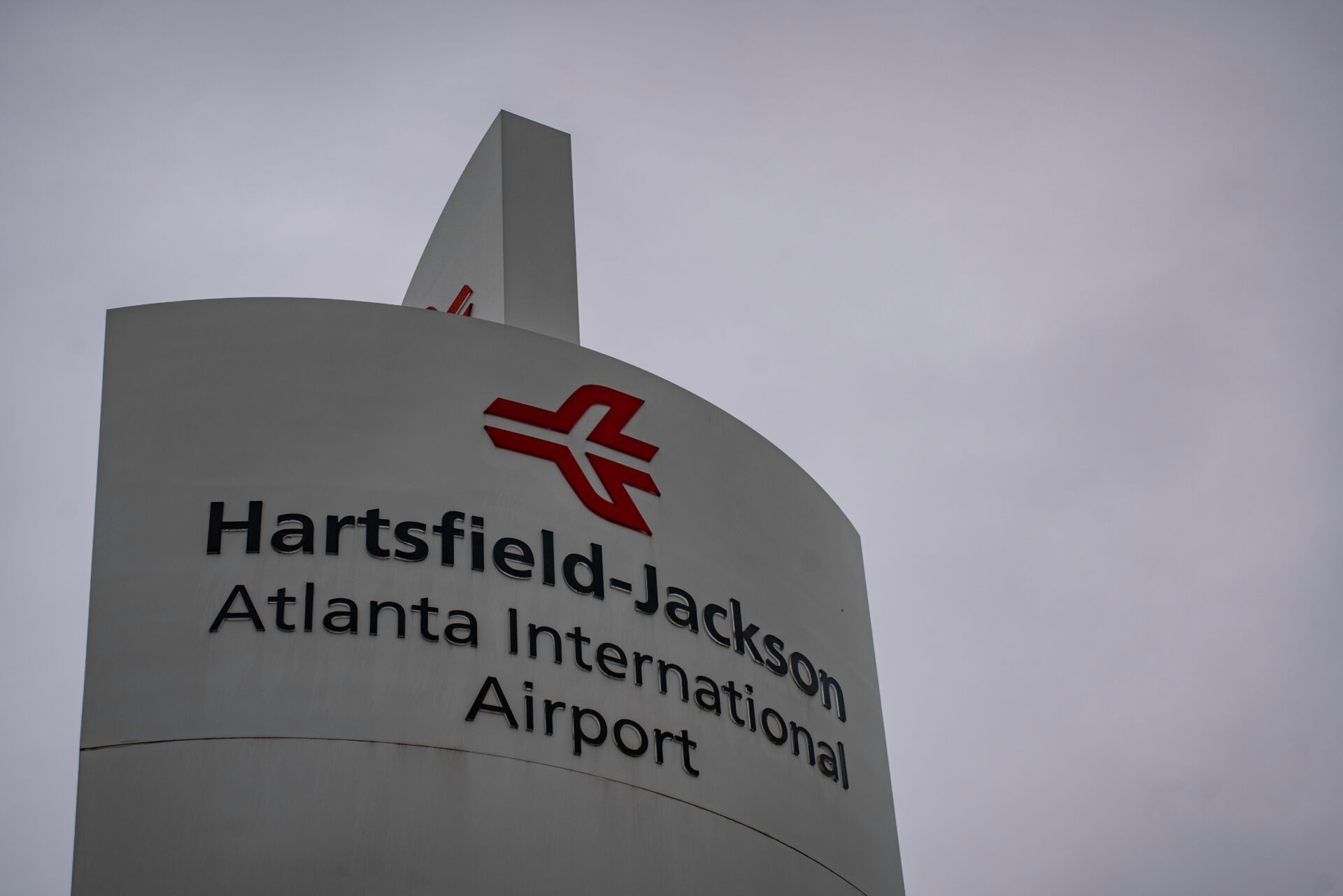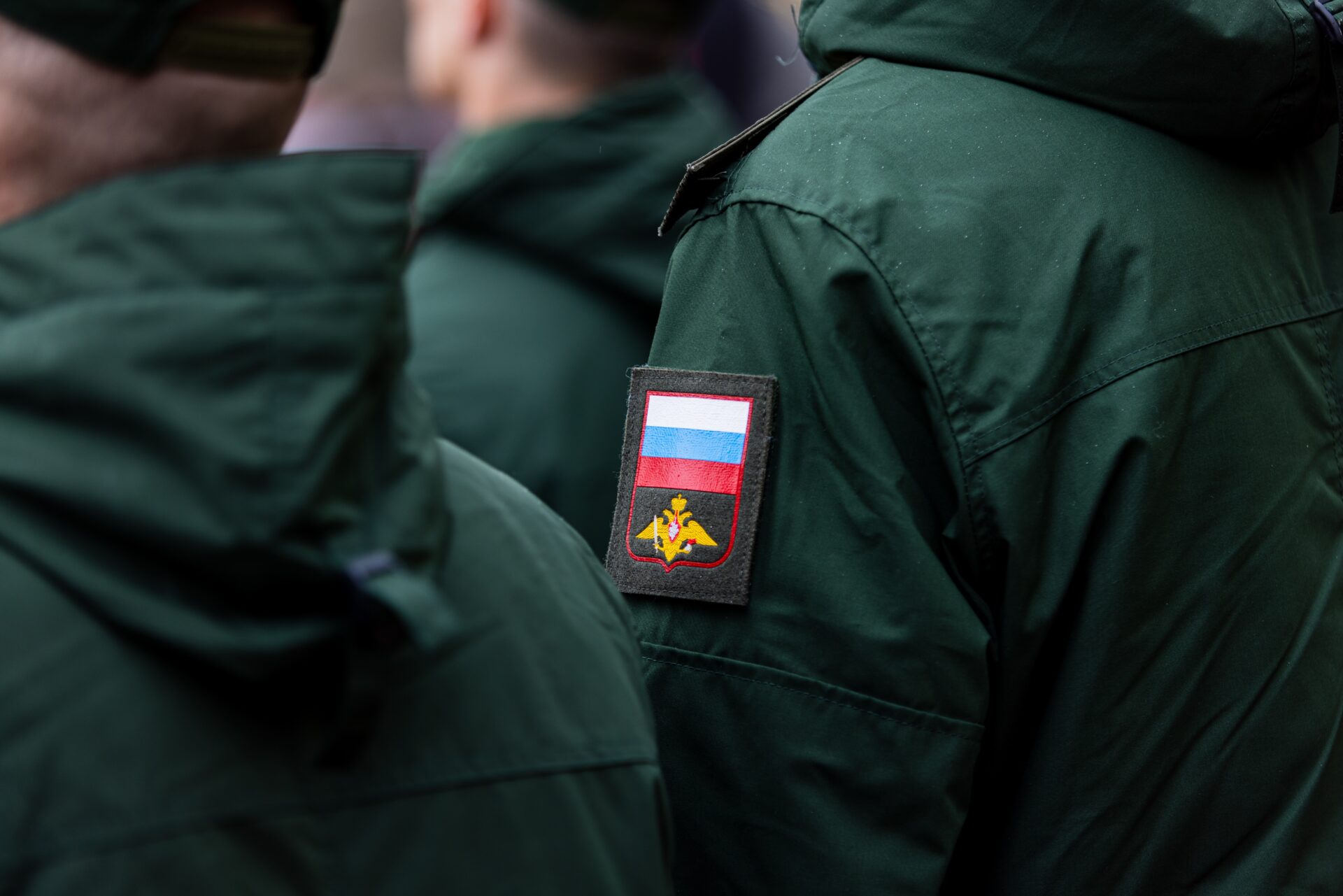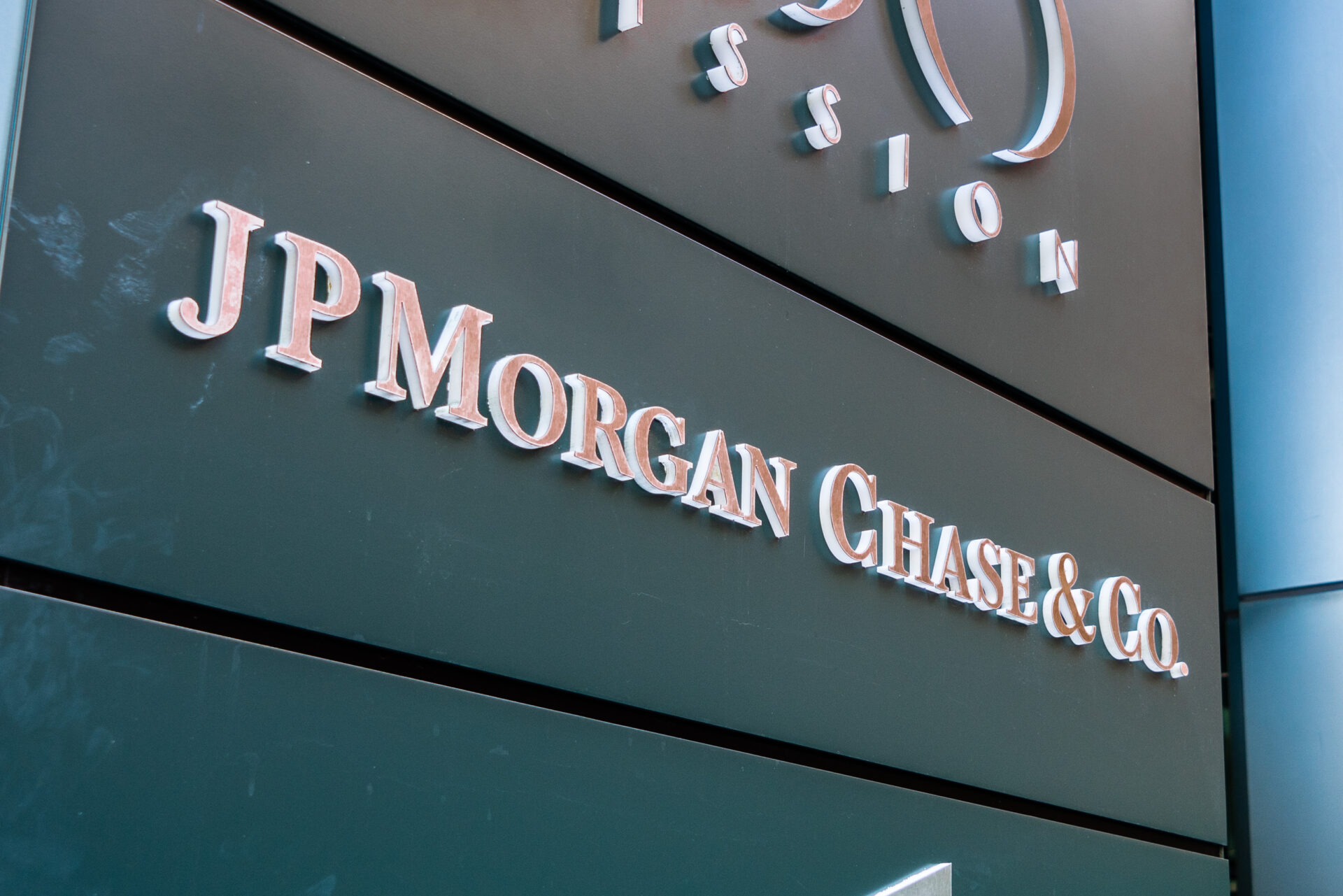
Trump’s “Green Light” Ignites Global BACKLASH!
President Trump’s alleged approval of an Israeli strike in Qatar has triggered international outrage and strained key U.S. alliances.
At a Glance
- Israel targeted Hamas leaders in Doha on September 9, killing several militants.
- Reports claim Trump gave Israeli officials a “green light” for the strike.
- Qatar condemned the attack as a breach of sovereignty and international law.
- U.S. denied direct involvement but admitted foreknowledge of Israel’s plans.
The Spark and the Strike
The chain began on September 8 when Hamas-linked gunmen killed six civilians at a Jerusalem bus stop. The following day, Israel launched a strike on Hamas leaders in Doha. The operation, called “Summit of Fire,” hit the heart of Qatar’s capital and killed multiple Hamas operatives.
Watch now: Trump’s “Green Light” for Israel Explained
Reports suggest Israeli leaders sought and received Trump’s backing before the strike. While Trump denies ordering the mission, U.S. officials admitted awareness of Israel’s intentions. This fine distinction has drawn sharp criticism, fueling claims of complicity.
Qatar, a U.S. partner hosting the Al Udeid Air Base, condemned the attack as a violation of sovereignty. Its leaders demanded accountability, calling the strike reckless and destabilizing.
Diplomatic Fallout
The strike has rattled the U.S.-Qatar relationship. Qatar has often acted as mediator in regional conflicts, including talks involving Hamas. Now, its trust in Washington is visibly damaged.
The operation has also undermined ongoing ceasefire negotiations. Qatar’s ability to mediate future deals looks uncertain, with officials questioning U.S. neutrality. This shift threatens broader American influence in Middle Eastern diplomacy.
International reaction has been mixed. Turkey and Iran condemned the attack outright, warning of escalating instability. European leaders voiced concern, urging restraint but stopping short of direct rebuke. Gulf states, wary of straining ties with either side, stayed muted.
Regional Ripples
Israel defended its decision, citing Qatar’s role in hosting Hamas figures. Yet striking on Qatari soil marked a dangerous new step. Even some Israeli analysts warned of overreach and potential diplomatic isolation.
Qatar’s outrage has spilled into wider Gulf politics. Some states see the strike as a warning of unchecked Israeli action, especially with American cover. Others fear further destabilization if Doha pulls back from mediation roles.
For Washington, the fallout presents a dual challenge. The U.S. must reassure Qatar of its commitment while managing its tight bond with Israel. Trump’s denial of direct involvement has not silenced criticism from allies or opponents.
The Road Ahead
The strike sets a troubling precedent. Military action inside an allied nation undermines the norms of regional diplomacy. It leaves U.S. credibility shaken and risks long-term damage to its Gulf posture.
American personnel and assets in Qatar now face higher security risks. Officials are weighing adjustments to strategy, both military and diplomatic. The calculus for future operations in the region has shifted.
Trump’s handling of the crisis will shape U.S. leverage in upcoming peace talks. Failure to mend ties with Qatar could leave Washington sidelined in mediation efforts. For now, the U.S. walks a narrow line, balancing loyalty to Israel against the need to keep Gulf allies engaged.
Sources
CBS News
Euronews
The Jerusalem Post


